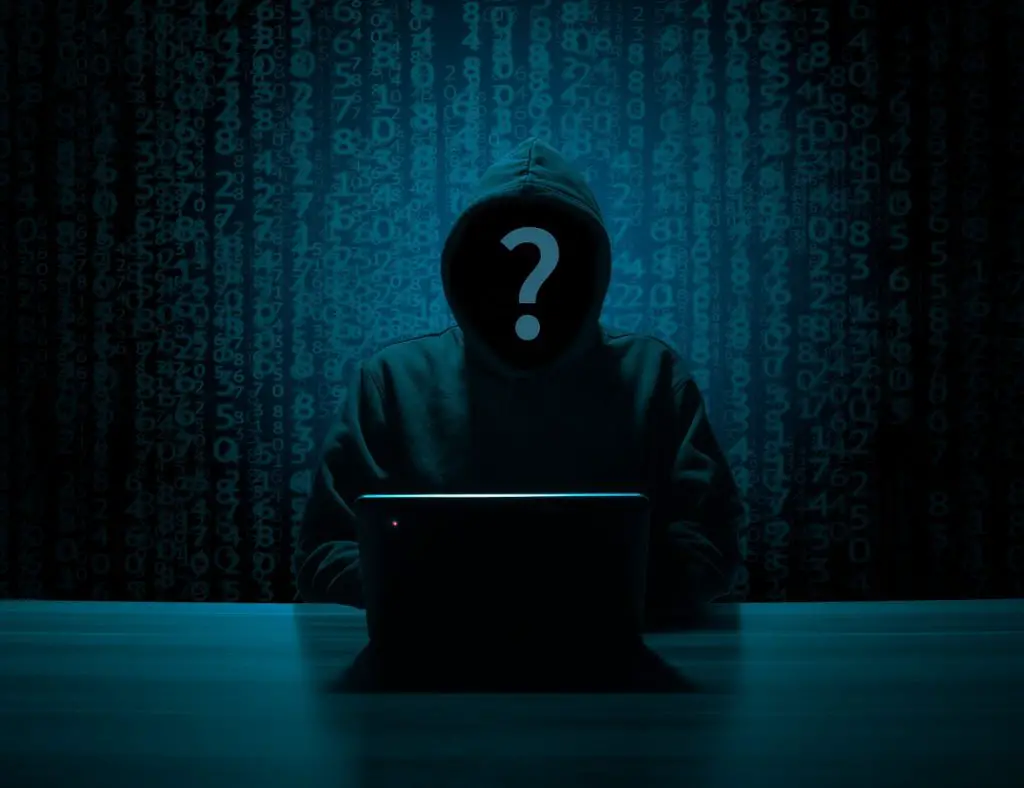
In December 2024, a closed-door meeting took place in Geneva between American and Chinese officials—an encounter that, as has since emerged, profoundly reshaped Washington’s perception of one of the most alarming fronts in modern cyber warfare. According to well-informed sources, the Chinese delegation all but admitted Beijing’s involvement in a series of cyberattacks targeting critical U.S. infrastructure—from ports and airports to water treatment facilities.
The U.S. interpreted the remarks as a veiled yet unmistakable acknowledgment of China’s role in the Volt Typhoon campaign. Previously, Beijing had dismissed such allegations as baseless, blaming either rogue criminal groups or Washington’s excessive suspicion. But in Geneva, the Chinese envoy’s language was perceived as a warning: American support for Taiwan may carry escalatory consequences in cyberspace.
Sources revealed that during the conversation with U.S. counterparts, a Chinese Foreign Ministry representative linked the cyber operations directly to American military backing of Taiwan. While formal responsibility for the intrusions was never accepted, most American participants viewed the comments as thinly veiled intimidation—a covert threat against the backdrop of a potential conflict in the Taiwan Strait.
According to analysts, these cyberattacks were not merely acts of espionage. Rather, they constituted deliberate infiltrations of critical infrastructure, designed to ensure the capacity for swift, devastating disruption in the event of military confrontation. In essence, it was a form of digital mine-laying—a prelude to open hostilities.
Concurrently, new details surfaced regarding another major operation known as Salt Typhoon. This campaign granted Chinese intelligence services access to systems operated by major U.S. telecommunications firms, including AT&T and Verizon. As a result, attackers were able to intercept unencrypted calls and messages sent by government officials, political figures, and even members of the Trump and Kamala Harris presidential campaigns.
While Geneva discussions focused on Volt Typhoon, the telecom data breach was treated as a classical espionage maneuver. Yet its scope was unprecedented—a true counterintelligence debacle for the United States, sources emphasized.
Following the meeting, U.S. officials briefed both the Biden team and the Trump administration on the substance of the dialogue. The discussions involved representatives from the State Department, the Pentagon, the intelligence community, and the National Security Council.
Against this backdrop, Washington finds itself increasingly exposed. The Trump administration has announced plans to slash hundreds of cybersecurity roles and has already dismissed the head of the NSA, his deputy, and 1,300 personnel from the Cybersecurity and Infrastructure Security Agency (CISA), as well as revoking security clearances from CISA’s inaugural director, Chris Krebs. These moves have alarmed experts, who warn that America may be dismantling its cyber defenses at a perilously vulnerable moment.
As expected, China denied any wrongdoing, accusing Washington of using cybersecurity as a political weapon to “discredit” Beijing. Yet cybersecurity analysts warn that China’s conduct signals a decisive shift—Beijing may have determined that Taiwan will be the flashpoint for direct confrontation with the U.S., and cyberattacks are likely to be its opening salvo.


